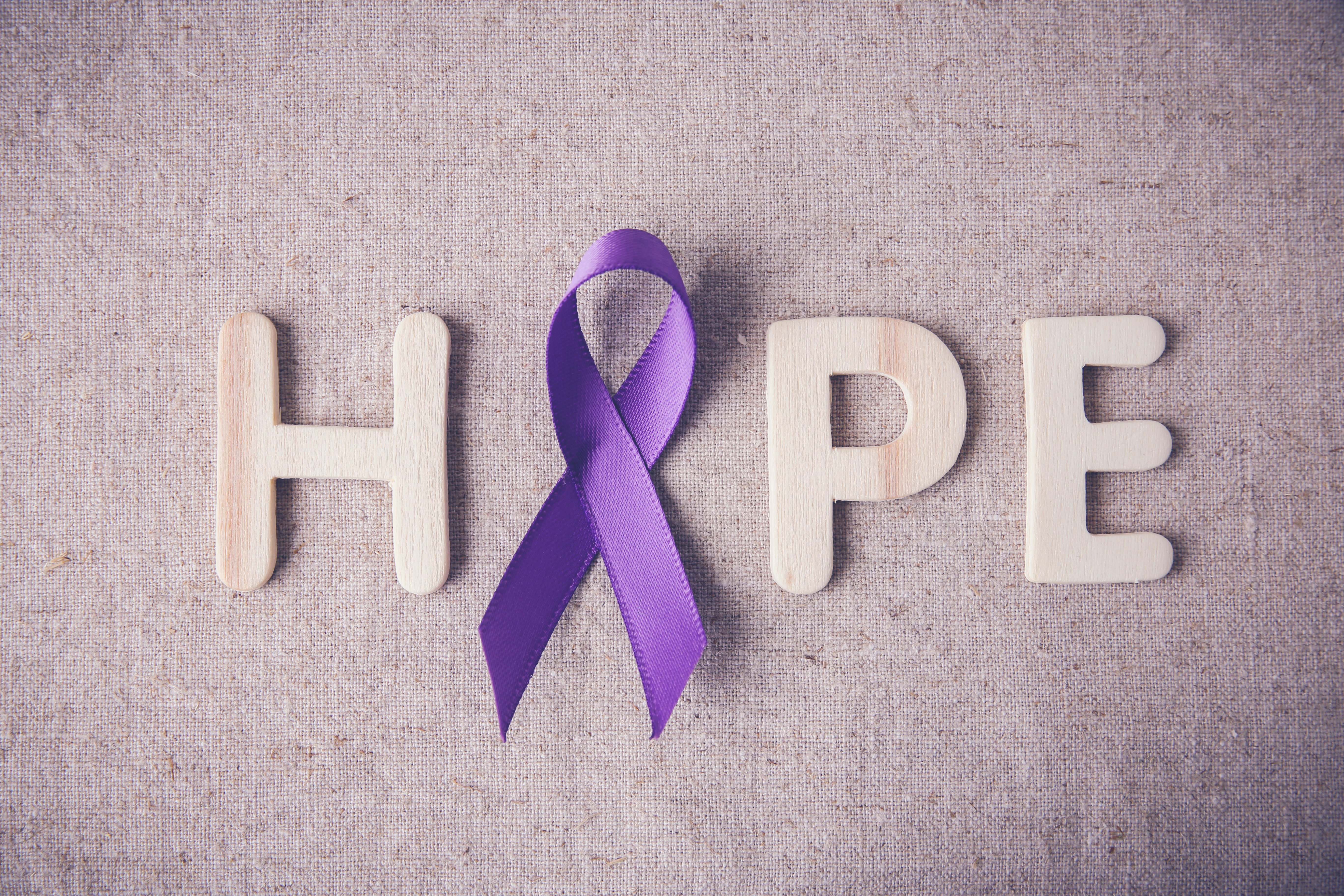- HOME
- SERVICES
- WHERE TO BEGIN
- LOCATIONS
- RESOURCES
- HEALTH PLAN SERVICES
- CAREERS
- EMPLOYEES

It's Alzheimer’s Awareness Month
Did you know the we have been honoring Alzheimer's Awareness in the month of November since 1983?
Health Fact: In 1983 there were less than two million people with the disease - that number has grown to more than five million.
What is Alzheimer’s Disease?
Alzheimer’s disease is a type of dementia that leads to memory, thinking, and behavior problems. It is the most common form of dementia, accounting for 60 to 80 percent of all cases. It is also the sixth leading cause of death in the United States.
Alzheimer’s disease gets worse over time and eventually comes to a point where a person can no longer accomplish daily tasks. In the beginning, memory problems are mild, but as the disease progresses, patients become unaware of their environment and may no longer be able to carry on a conversation. Once their symptoms become noticeable, Alzheimer’s patients typically live an average of eight years, but can survive for as many as 20 years depending on other health factors.
Although those ages 65 and older are more likely to develop Alzheimer’s disease, there are thousands of others under the age of 65 who have early-onset Alzheimer’s.
Alzheimer’s Disease Symptoms
Part of Alzheimer’s disease awareness is knowing the symptoms so you can know whether a loved one may be developing it.
- Memory Loss – One may forget things they’ve learned as well as dates and events or they may ask for the same information over and over again.
- Trouble Problem Solving – You may notice a loved one taking longer to complete tasks they used to be able to do easily.
- Confusion – Often, one will lose track of time or forget where they are and even how they got there.
- Misplacing Things – As people forget dates and events they may also start to misplace objects.
- Trouble Planning - They may resist joining events or leaving the comfort of their own home. They may have trouble following directions, even a simple recipe becomes complex.
- Change in Mood– Because of the changes that are going on in their mind, there may be some major shifts in mood and personality. They may become confused, suspicious and even depressed.
Helping someone with Alzheimer’s Disease
Although there is no cure for Alzheimer’s disease, there are things you can do to help a loved one live a happy life.
- Daily Routines – This helps to avoid confusion and lets the person know what can be expected. Alzheimer’s patients like routines.
- Reassurance – Always try to make the person feel safe and comfortable.
- Don’t Overstimulate – Keep things simple. Only talk about one idea at a time so that the person can follow along
- Stay calm – Be the calming voice they need. As frustrated as you may get, do not yell or argue. Imagine how the patient feels - they can no longer grasp what is going on inside their own heads.
While you may be able to care for an Alzheimer’s patient in the early stages of the disease, doing so as it progresses can become more challenging. Many times the patient can present a danger to themselves by wandering off or forgetting to turn off the stove. Don't wait until it's too late to get care for your loved one. Premier Home Health Care Services specializes in disease management and long term home health care services that allow our clients to remain safe and independent at home in their own community.
During the month of November and all throughout the year, being aware of the signs of Alzheimer’s disease and joining in the fight against it is something we all can do.
Activities For Alzheimer’s Disease Awareness Month
The Alzheimer’s Association works hard to educate the public about the disease all throughout the year, but particularly in the month of November. They discuss some of the areas mentioned above, symptoms, treatments, and coping.
Here are some ways you can get involved:
- Walks - In the months leading up to November, there are often many “walks" to raise awareness about the disease and to also raise money for research. You can find a walk near you and find out more about how you can get involved.
- Donate - you can always make a donation to help find a cure.
- Volunteer - work with Alzheimer’s patients in local communities, health centers, etc
- Get Screened- You or your loved one can take a confidential memory screening from the National Memory Screening Program - this free program is available all across the country.
